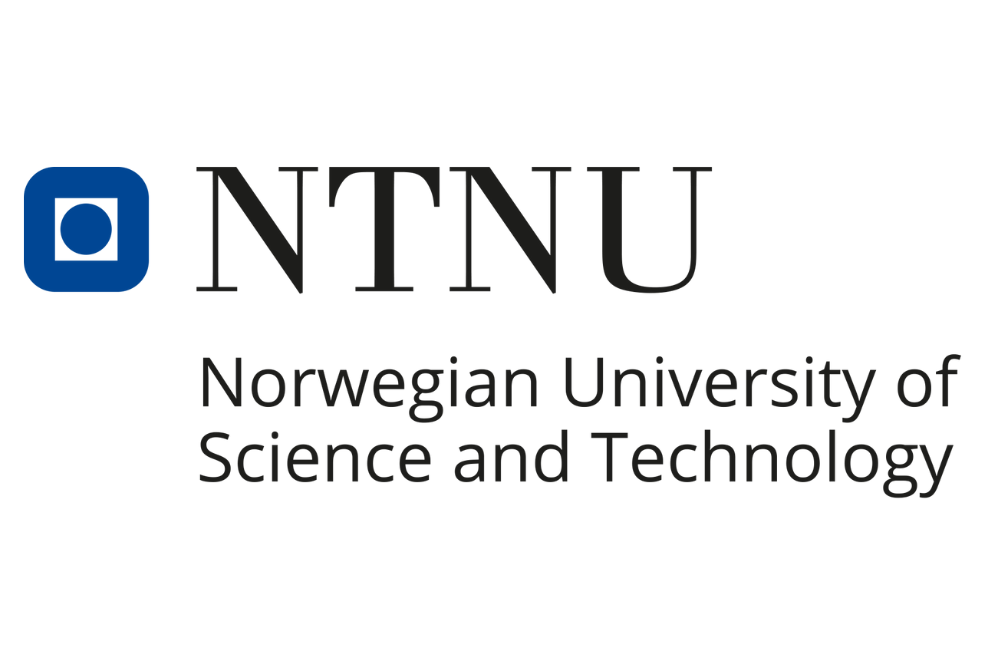Employment Information
About the Position
This PhD position will focus on hydrometallurgical recovery of valuable materials, including graphite, from battery "black mass" derived from industrial recycling. Key objectives include:
- Investigating how black mass pre-treatment impacts downstream hydrometallurgical processing.
- Characterizing black mass materials before and after treatment using advanced techniques.
- Optimizing hydrometallurgical routes to improve recovery rates and product quality.
- Developing scalable process flow diagrams and performing statistical analyses of datasets.
The successful candidate will have the opportunity to specialize in one or more hydrometallurgical unit operations, such as leaching, solvent extraction, ion-exchange, flotation, or precipitation.
Key Responsibilities
- Design and conduct experimental work on hydrometallurgical recovery processes.
- Characterize materials using cutting-edge equipment, including spectroscopy, diffraction, and microscopy techniques.
- Develop process flow diagrams and scale up unit operations for battery recycling.
- Participate in interdisciplinary collaborations within the Particle Engineering Centre and the FME Battery Centre.
- Present research findings at national and international meetings and conferences.
- Co-supervise master’s and bachelor’s students and contribute to centre-related activities.
Eligibility Requirements
- Academic Qualifications:
- A master's degree in chemical engineering, process engineering, material science, or a related field.
- A strong academic background with an average grade of B or higher on NTNU’s grading scale or equivalent.
- Skills and Experience:
- Hands-on experience with hydrometallurgical unit operations.
- Proficiency in material characterization techniques (e.g., ICP, AAS, XRD, SEM, FT-IR).
- Strong data analysis and statistical skills.
- Experience or interest in designing and building experimental setups.
- Proficiency in English, both written and spoken.
Preferred Skills
- Knowledge of thermodynamic software (e.g., MINTEQ, HSC).
- Experience with techno-economic assessment tools (e.g., ASPEN, UNISIM).
- Interest in circular chemical engineering and lifecycle analysis (LCA).
What We Offer
- Salary: Gross annual salary of NOK 532,200.
- Membership in the Norwegian Public Service Pension Fund.
- A vibrant international academic environment with state-of-the-art facilities.
- Opportunities for professional development, interdisciplinary collaborations, and research stays abroad.
- Access to NTNU’s employee benefits, including subsidized daycare, healthcare, and recreational activities.
- A chance to live and work in Trondheim, a city known for its innovation, high quality of life, and stunning natural surroundings.
Application Process
Application Deadline: December 11, 2024
Start Date: Flexible, but expected within three months of the offer.
Application Requirements:
- CV and certificates.
- Transcripts and diplomas for bachelor's and master's degrees (or confirmation of submission for the master's thesis).
- A copy of the master's thesis (or a draft, if recently submitted).
- A project proposal and the names/contact information of three referees.
- Any relevant publications or research work.
Submit your application electronically via Jobbnorge.no, ensuring all documentation is attached. Please note, incomplete applications or submissions via other channels will not be considered.


